Nutrient Deficiencies and Their Impact on Health
Hey there, my young and curious friends of 2024! It’s your nutrition buddy from the past, Nita Sharda, here to take you on an exciting and important journey into the world of nutrient deficiencies – the sneaky culprits that can sometimes make us feel less than our best!
Now, I know that the words “nutrient deficiencies” might sound a little scary or confusing at first, like something only doctors and scientists talk about. But trust me, once you understand what nutrient deficiencies are and how they can affect your health, you’ll be empowered to make sure your body is getting all the good stuff it needs to thrive!
So, are you ready to become a nutrient detective and learn about all the amazing ways you can keep your body and mind in tip-top shape? Let’s dive in!
What are Nutrient Deficiencies?
First things first, let’s talk about what we mean when we say “nutrient deficiencies.” A nutrient deficiency happens when our bodies don’t get enough of a specific nutrient, like a vitamin or mineral, that we need to function at our best.
You see, our bodies are like amazing machines that need all sorts of different fuels to keep running smoothly. These fuels come from the foods we eat, and they include things like:
- Vitamins (like vitamin A, vitamin C, and vitamin D)
- Minerals (like iron, calcium, and magnesium)
- Protein
- Healthy fats
- Complex carbohydrates
When we don’t get enough of these essential nutrients, either because we’re not eating a balanced diet or because our bodies have trouble absorbing them, we can start to feel tired, sick, or just not like ourselves.
Common Nutrient Deficiencies
So, what are some of the most common nutrient deficiencies that kids and adults can experience? Let’s take a closer look at a few of them:
Iron Deficiency
Iron is a mineral that our bodies need to make hemoglobin, a protein in our red blood cells that carries oxygen to all our tissues and organs. When we don’t get enough iron, we can develop a condition called iron-deficiency anemia, which can make us feel tired, weak, and short of breath.
Some common signs of iron deficiency include:
- Fatigue and weakness
- Pale skin
- Headaches
- Dizziness
- Cold hands and feet
To prevent iron deficiency, make sure to include plenty of iron-rich foods in your diet, like:
- Red meat, poultry, and fish
- Beans and lentils
- Tofu and soybeans
- Fortified cereals and breads
- Dark leafy greens like spinach and kale
Vitamin D Deficiency
Vitamin D is a nutrient that our bodies need to absorb calcium and build strong bones and teeth. We can get vitamin D from a few food sources, like fatty fish and fortified dairy products, but our bodies also make it when our skin is exposed to sunlight.
When we don’t get enough vitamin D, we can develop a condition called rickets in children or osteomalacia in adults, which can cause soft, weak bones that are more prone to fractures.
Some common signs of vitamin D deficiency include:
- Bone pain or tenderness
- Muscle weakness
- Fatigue
- Mood changes like depression
To prevent vitamin D deficiency, make sure to include vitamin D-rich foods in your diet, like:
- Fatty fish like salmon, tuna, and mackerel
- Egg yolks
- Fortified dairy products and cereals
You can also get vitamin D from spending time outside in the sunshine (just don’t forget your sunscreen!) or from taking a supplement if your doctor recommends it.
Calcium Deficiency
Calcium is another important nutrient that our bodies need to build and maintain strong bones and teeth. It also plays a role in muscle function, nerve signaling, and blood clotting.
When we don’t get enough calcium, we can develop a condition called hypocalcemia, which can cause symptoms like:
- Muscle cramps and spasms
- Numbness and tingling in the hands and feet
- Fatigue
- Irregular heartbeat
Over time, calcium deficiency can also lead to weak, brittle bones that are more prone to fractures, a condition called osteoporosis.
To prevent calcium deficiency, make sure to include plenty of calcium-rich foods in your diet, like:
- Dairy products like milk, cheese, and yogurt
- Leafy greens like kale, collard greens, and bok choy
- Fortified plant-based milks and juices
- Canned fish with bones, like sardines and salmon
B Vitamin Deficiencies
B vitamins are a group of nutrients that our bodies need for a variety of functions, like energy production, brain health, and red blood cell formation. There are eight different B vitamins, and each one plays a unique role in keeping us healthy.
Some common B vitamin deficiencies include:
- Vitamin B12 deficiency, which can cause anemia, nerve damage, and cognitive problems
- Folate (vitamin B9) deficiency, which can cause anemia and birth defects in pregnant women
- Thiamine (vitamin B1) deficiency, which can cause nerve and muscle damage
To prevent B vitamin deficiencies, make sure to include a variety of B vitamin-rich foods in your diet, like:
- Meat, poultry, and fish
- Eggs and dairy products
- Leafy greens and legumes
- Whole grains and fortified cereals
The Importance of a Balanced Diet
Okay, so now that we know about some of the most common nutrient deficiencies and how they can affect our health, let’s talk about the importance of eating a balanced diet to prevent them!
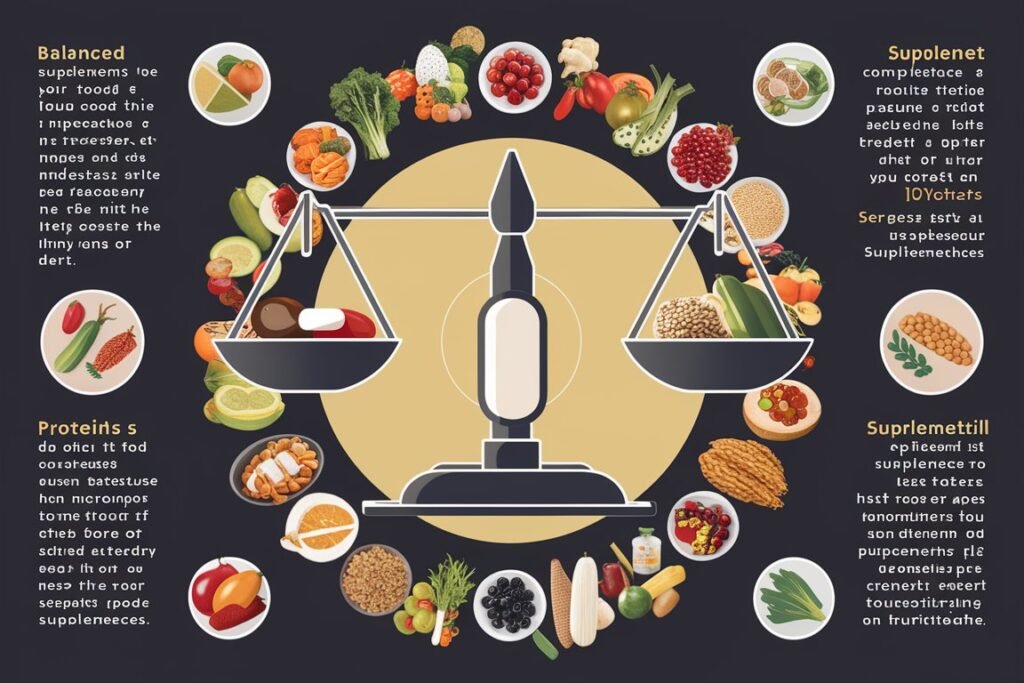
A balanced diet is one that includes a variety of nutrient-dense foods from all the different food groups, like:
- Fruits and vegetables
- Whole grains
- Lean proteins
- Healthy fats
- Low-fat dairy or fortified plant-based alternatives
By eating a rainbow of different colored fruits and veggies, a mix of whole grains and lean proteins, and a variety of healthy fats and calcium-rich foods, we can help ensure that our bodies are getting all the essential nutrients they need to thrive.
Some tips for eating a balanced diet include:
- Filling half your plate with fruits and veggies at each meal
- Choosing whole grain options like brown rice, whole wheat bread, and quinoa
- Incorporating lean proteins like chicken, fish, tofu, and legumes
- Using healthy fats like olive oil, avocado, and nuts in moderation
- Limiting processed and packaged foods that are high in added sugars, unhealthy fats, and salt
By following these simple guidelines and listening to your body’s hunger and fullness cues, you can help prevent nutrient deficiencies and support your overall health and well-being.
The Role of Supplements
In addition to eating a balanced diet, some people may also benefit from taking nutritional supplements to help prevent or treat nutrient deficiencies.
Supplements are products that contain specific nutrients, like vitamins or minerals, in concentrated doses. They can come in many different forms, like pills, powders, or liquids, and are designed to be taken in addition to a healthy diet.
Some common reasons why someone might take a supplement include:
- To fill nutrient gaps in their diet, especially if they have dietary restrictions or allergies
- To support specific health conditions or life stages, like pregnancy or aging
- To boost athletic performance or recovery
- To correct a diagnosed nutrient deficiency
However, it’s important to remember that supplements are not a substitute for a healthy diet and lifestyle, and they can sometimes interact with medications or have unwanted side effects.
If you’re considering taking a supplement, it’s always best to talk to your doctor or a registered dietitian first to make sure it’s safe and appropriate for your individual needs.
The Power of Nutrition: A Message of Empowerment
Wow, we’ve covered a lot of ground today, my young nutrition detectives! We’ve learned about the sneaky world of nutrient deficiencies, the importance of eating a balanced diet to prevent them, and the potential role of supplements in supporting our health.
I know that sometimes, thinking about nutrition and health can feel overwhelming or even scary, especially when there’s so much information (and misinformation) out there. But I want you to remember that YOU have the power to take control of your health and well-being, one bite at a time.
Eating a healthy, balanced diet isn’t about perfection or restriction – it’s about nourishing your body and mind with the foods that make you feel your best, and finding a way of eating that works for YOU.
So, my young friends, I encourage you to approach nutrition with curiosity, compassion, and a sense of adventure.




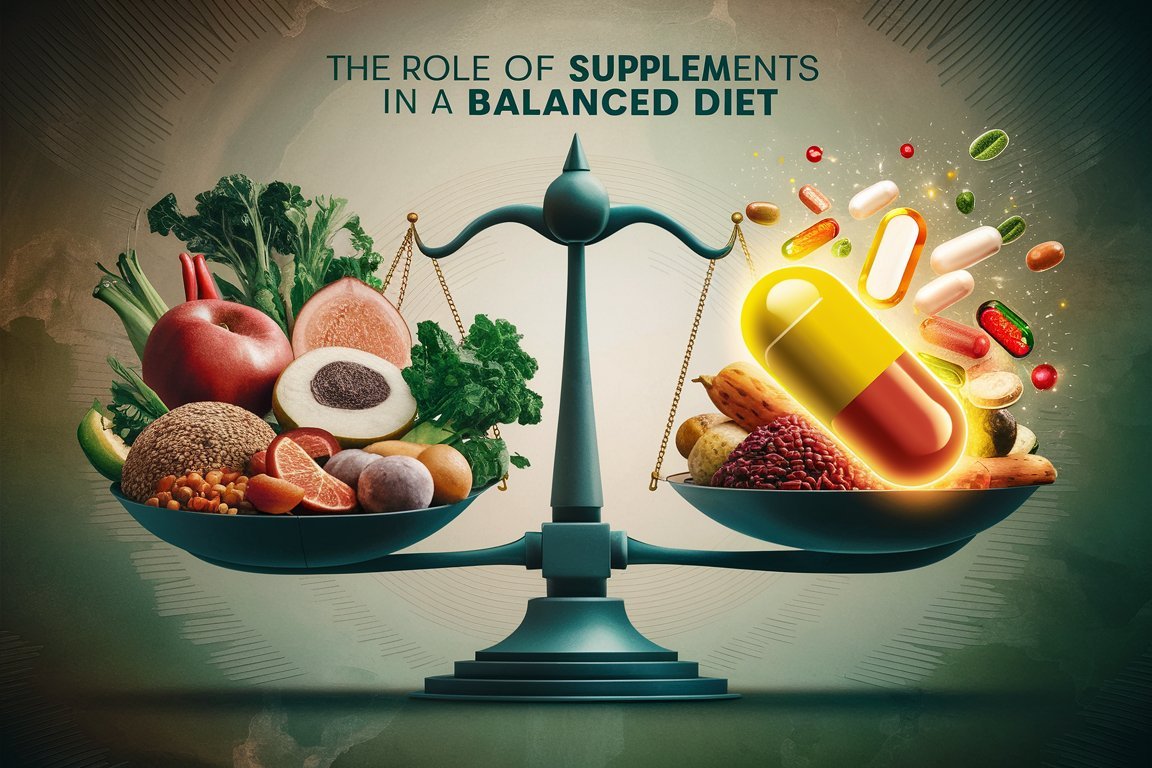
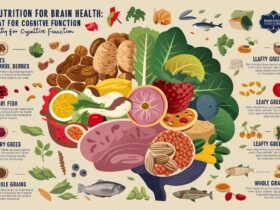




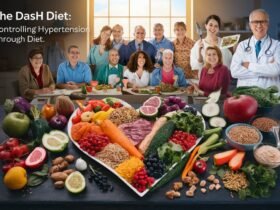
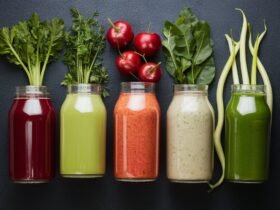
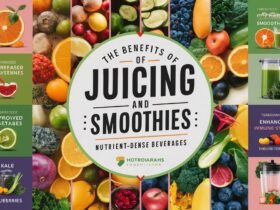
Leave a Reply